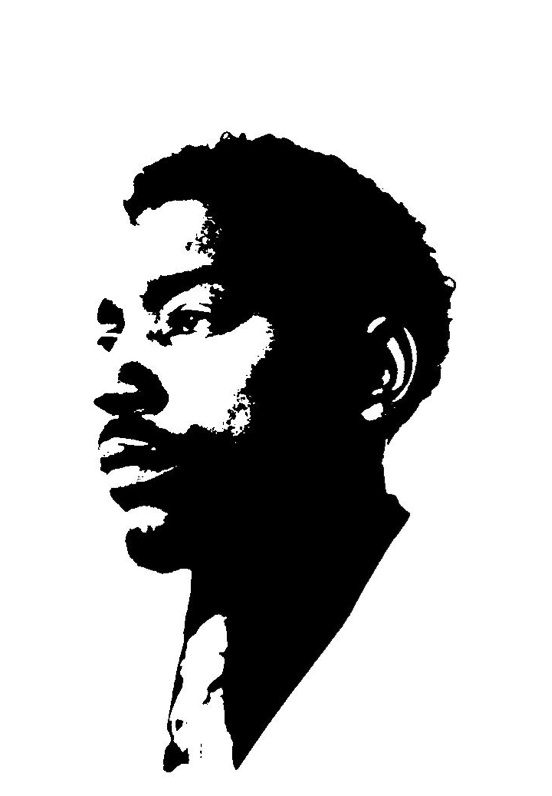By Frederick Gooding Jr.
Lecturer, Ethnic Studies Program
Thirty years after Def Jam Records introduced a fresh, universal soundtrack to America, hip-hop has ceased to be an outlying art form performed by disaffected urban youth. It is now a worldwide phenomenon responsible for introducing us to names that have indelibly shaped our musical experiences—not only forever but, arguably, for the better.
Who hasn’t heard of hip-hop artists such as Run DMC, LL Cool J, Public Enemy or the Beastie Boys? Even contemporary artists such as Jay-Z and Kayne West number among those touched by the long arms of the Def Jam label.
Much like the Civil Rights movement of the 1960s, which mesmerized individuals in other parts of the world and galvanized them into acts of social justice, hip-hop has provided a similar social outlet. Rising from urban America’s forgotten barrios, African-American and Latino artists fostered hip-hop as an organic, healing and constructive coping mechanism in response to their dire socio-economic conditions. Hip-hop later evolved into a culture beyond a mere musical art form once predicted to be a passing fad. At the same time, hip-hop was roundly disparaged with much hand wringing for everything wrong that it represented. Hip-hop was counterculture, it was in your face, and it was loud. In retrospect, for these very same reasons, hip-hop was revered in other countries for it was fresh, innovative and provocative.
Unsurprisingly, hip-hop’s proclivity for the theme of social justice has inspired countless artists outside of American borders, and now numerous developing countries have hip-hop artists using both the music and the culture has a means of political expression.
As globalization creates a smaller world through technological innovation and shared media, it becomes increasingly important to understand the creative genius and marketing appeal of hip-hop within the context of global political expression and social change. From popular commercials to political slogans, hip-hop culture, its language, and stylistic creations have altered society’s landscape.
Studying the global reach of hip-hop is not only innovative but necessary. If anything, we see that the global community has studied and continues to study our very own hip-hop community. For more than 30 years, hip-hop as proven itself to be more than a passing fad; it is a global phenomenon that is now familiar to those who travel anywhere in the world.



